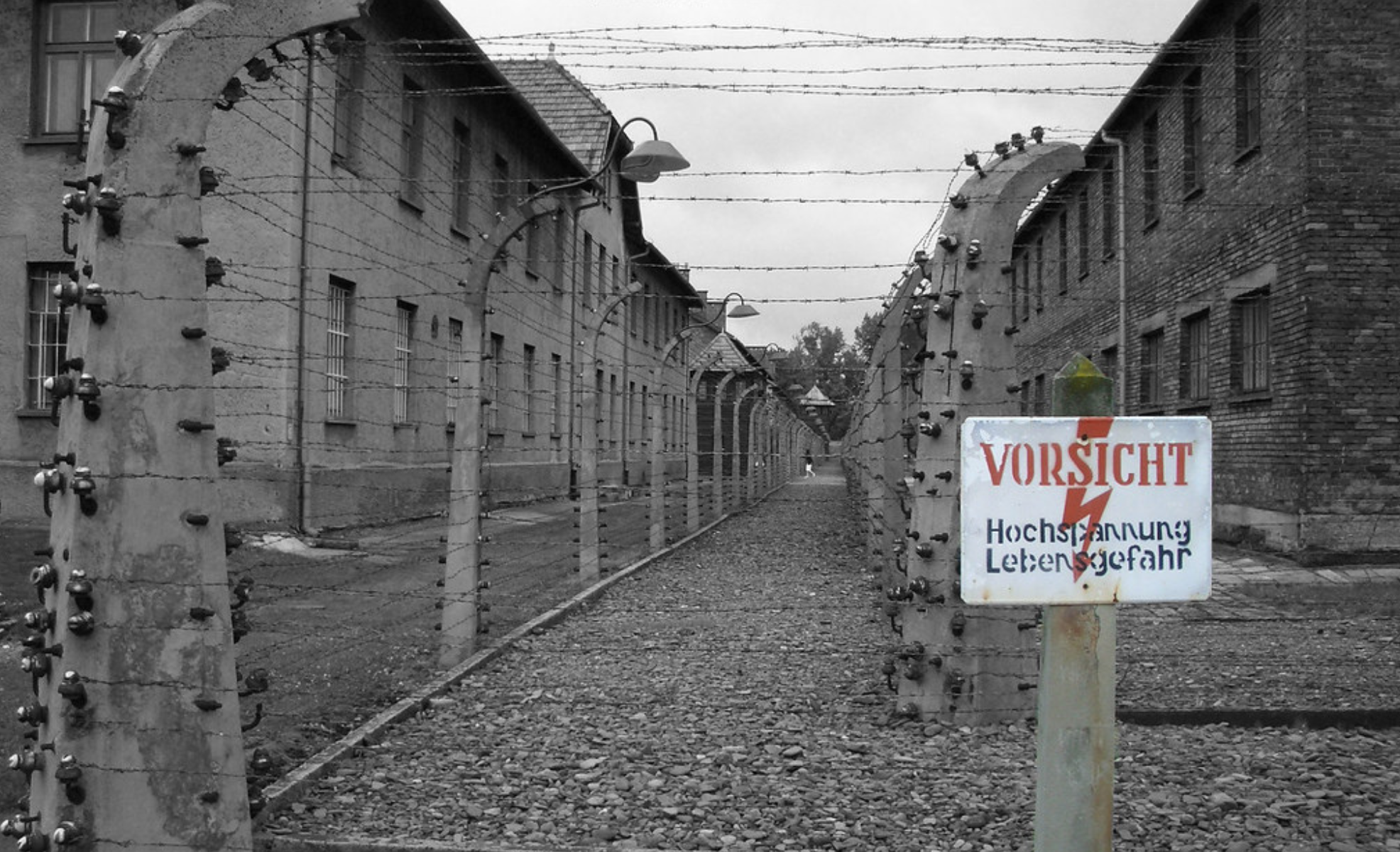By Oliver Schmidtke, lead of the Jean Monnet Network European Memory Politics, director of the Centre for Global Studies at the University of Victoria
The 75th anniversary of the liberation of the Auschwitz-Birkenau concentration camp marks a somber occasion to remember the crimes of Nazi Germany, to honor the victims of the Holocaust and consider what commitments should result from the plea ‘Never Forget’. In a twofold sense, this year’s anniversary marks a fundamental challenge to the way in which we remember the Holocaust and what it means for contemporary social and political life.
First, we are in the midst of a gradual transition from the lived memory of Holocaust victims and contemporary witnesses to a form of commemoration that will increasingly less be able to rely on those who share their experiences directly and personally. What does the gradual reliance on archived material and recorded memory mean for how our society relates to and commemorates the Nazi crimes and the genocide of the Jewish people? Will the change in commemorative practices have a substantial impact on the significance and urgency of the Holocaust as formative of our collective past? Advanced technologies and new media of storytelling will play an important role in keeping the memory alive. Regardless of what exemplary projects such as the USC Shoah Foundation’s Visual History Archive (https://sfi.usc.edu/) are able to achieve in archiving and making testimony of the Holocaust available to the public, the generational change will be a critical challenge for how we remember and what this memory means to upcoming generations.
Second, the urgency in protecting and reinvigorating the memory of the Shoah also results from the changing political environment in Western democracies: we currently see a challenge to the anti-fascist consensus on which much of post-War politics had been built. The experience of the Nazi crimes and the Holocaust provided the ground for a fundamental moral and political commitment to address aggressive forms of nationalism and the hatred of others. The commitment ‘Never Forget’ or ‘Never Again’ provided a commonly shared ethical compass that steered politics across party affiliation and insulated actors that would openly endorse racist ideologies. What we have witnessed over the past decade is a gradual erosion of this post-War consensus. Right-wing groups across the European continent have gained respectability and their xenophobic ideas, regularly concealed in the less scandalous rhetoric of identity politics, have regained political currency.
An indication of this changed political environment is the notable rise of anti-Semitism and hate crimes in recent years. The latest global survey by the Anti-Defamation League (ADF) notices that anti-Semitic attitudes have substantially increased in Central and Eastern Europe since 2015. According to the ADL’s longstanding index, the segment of adults displaying a high level of anti-Semitic views increased from 37% to 48% in Poland, 32% to 46% in Ukraine and 23% to 31% in Russia. Similarly, the Vienna-based European Union Agency for Fundamental Rights (FRA) has pointed to a significant growth in anti-Semitism across Western Europe. In a 2018 FRA survey, 65% of French and 43% of German citizens described anti-Semitic incidents a “very serious problem.” According to the ADL study, citizens of the four Central and Eastern European countries also resent being confronted with the Holocaust. 74% of Poles, 59% of Hungarians, 50% of Russians and 44% of Ukrainians declared that they agree with the following statement “Jews still talk too much about what happened to them in the genocide”. These figures are also noteworthy for the Western European context: 52% of Austrians 42% of Germans, 40% of Belgians, 38% of Italians and 37% of Spaniards consider the public debate of the Holocaust as ‘excessive’. Most troubling, a recent study of the World Jewish Congress points to a 20% increase in anti-Semitic attacks in Germany( https://www.cbc.ca/news/world/auschwitz-75-years-anti-semitism-germany-1.5441314 ), a trend that the German president Frank Walter Steinmeier acknowledged at his speech at the Yad Vashem Holocaust Memorial ( https://www.haaretz.com/israel-news/full-text-of-german-president-s-yad-vashem-speech-we-germans-have-not-learned-from-1.8438504
These findings point to how the memory of the Holocaust and the Nazi regime is interpreted and appropriated in contemporary society. It is not by accident that the way in which we commemorate this period of 20th century history has become highly contested, a development closely associated with the rise of nationalist-populist parties. It is through a particular interpretation of the past that political communities define their sense of identity and constitutive values. Across Europe, populist-nationalist parties seek to promote an historic narrative that diminishes the importance of and responsibility for the Holocaust replacing it with an account of national grandeur. The controversial bill (‘Holocaust Law’) by the Polish Senate that would have outlawed blaming Poland for any crimes committed during the Holocaust is a prominent example of this attempt to appropriate historic memory for political purposes. The commemoration of the Holocaust is not only challenged by the gradual loss of lived memory. The more radical challenge comes from the political fight by right-wing populists to eradicate this memory and to rehabilitate an exclusionary nationalism with a clear sense of the undesirable other.
Photo credit: “Ausschwitz B-W / Vorsicht Color” by bramloquet is licensed under CC BY-NC-ND 2.0


